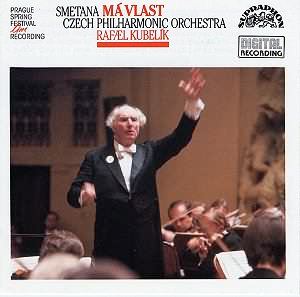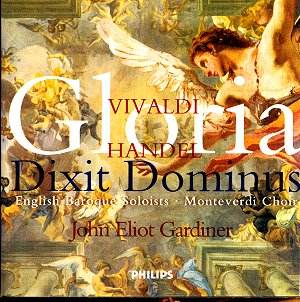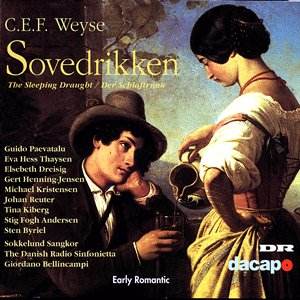 Composer: John Dowland
Composer: John Dowland
Works: Flowe my Tears; Songs from the First Booke of Songs (1597) and the Second Booke of Songs (1600)
Performers: Paul Agnew, tenor; Christopher Wilson, lute
Recording: March 1995, St Andrews Church, Toddington, Gloucestershire, England
Label: Metronome MET CD 1010
John Dowland remains a quintessential figure in the realm of early English music, his compositions resonating with an emotional depth and technical sophistication that continue to captivate audiences today. The two collections featured on this recording, the First Booke of Songs (1597) and the Second Booke of Songs (1600), encapsulate the rich tapestry of Elizabethan lyrical expression, where themes of love, loss, and melancholy intertwine with intricate musical structures. Dowland’s mastery of the lute song, a genre that marries poetic text with the delicacy of lute accompaniment, is exemplified in the selections performed by tenor Paul Agnew and lutenist Christopher Wilson.
Agnew’s vocal clarity is striking, characterized by a nuanced interpretative approach that invites intimacy into each song. His rendition of “Flow my tears” serves as a prime example of this subtlety; the phrasing is gentle and unforced, allowing the haunting melody to breathe and resonate. The tenor’s ability to meander through the melodic lines without overpowering them is commendable, fostering a serene atmosphere that mirrors the reflective nature of Dowland’s text. However, this delicate approach occasionally skirts the edge of excessive vibrato, particularly evident in “Can she excuse my wronges with virtues cloak?” Here, the wavering quality of Agnew’s voice risks veering into discomfort, detracting from the otherwise poignant lyrical intent. This interpretative choice, while intended to add expressivity, may distract from the clarity of the text and the emotional weight it carries.
Christopher Wilson’s lute accompaniment is equally noteworthy, providing a sonorous foundation that complements Agnew’s tenor beautifully. His playing exhibits both technical precision and an understanding of the idiomatic nuances of the lute, with a particularly compelling choice of timbre that enhances the overall texture of the performance. The recording quality captures the intimate acoustic of St Andrews Church effectively, allowing the listener to appreciate the interplay between voice and lute. The engineering brings forth a warm, resonant sound that envelops the listener, creating an immersive experience that feels both historically grounded and refreshingly contemporary.
This recording stands out in a crowded field of Dowland interpretations, particularly for its choice of tenor over the more common countertenor. Agnew’s voice offers a refreshing timbral contrast that breathes new life into familiar works, making these songs accessible to a broader audience while still honoring their historical context. While some may miss the ethereal quality often associated with countertenors, Agnew’s grounded approach ultimately allows for a more relatable emotional connection to the texts.
The aggregate effect of Agnew’s sensitive interpretation and Wilson’s adept lute accompaniment results in a collection that is not only musically satisfying but also deeply resonant on an emotional level. Each song unfolds with a deliberate pace that invites contemplation, allowing the listener to engage with the complexities of Dowland’s work fully. This album is a testament to the enduring power of Dowland’s music, and it is a noteworthy addition to the discography of lute songs. The interplay of voice and lute, coupled with the historicity of the performance, makes for a heartfelt exploration of love’s trials and tribulations, firmly securing its place as a significant contribution to the canon of early music recordings.



